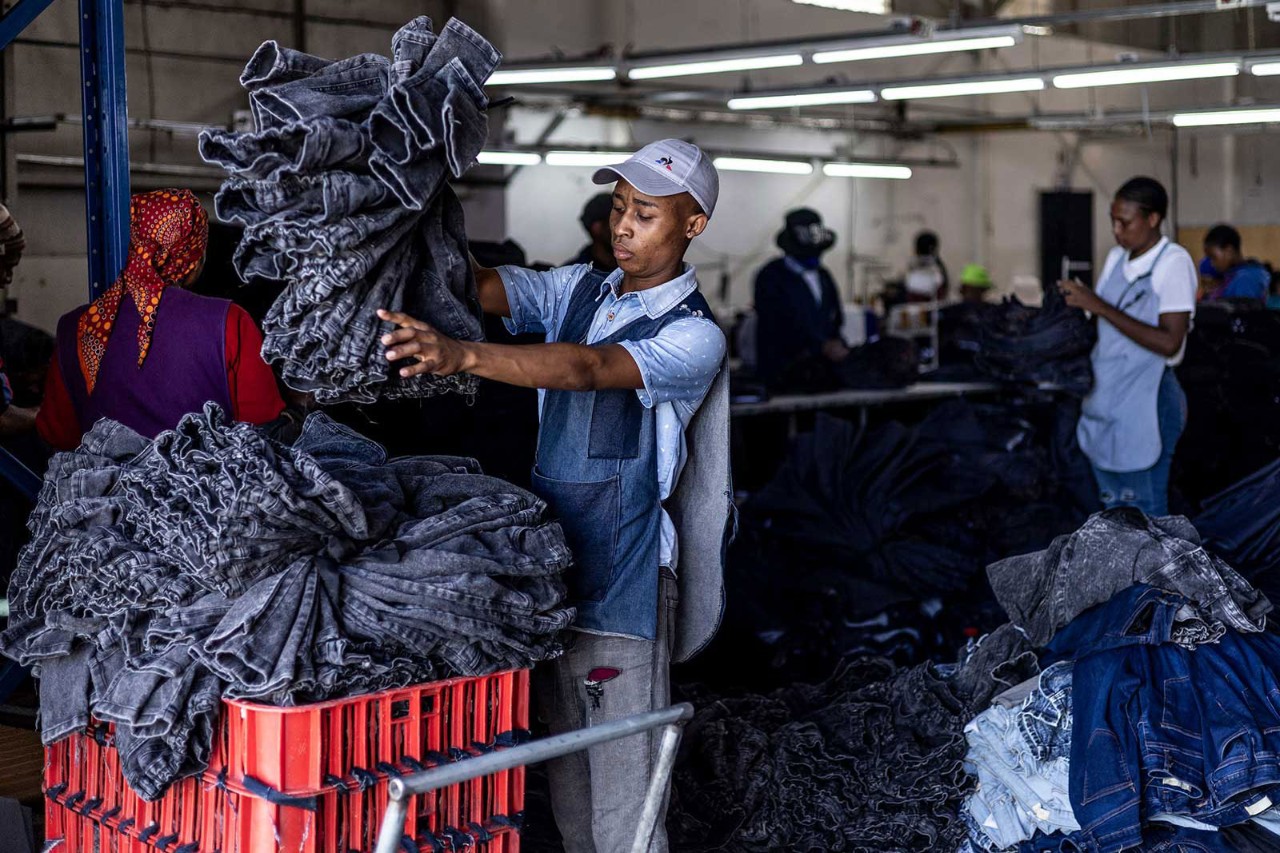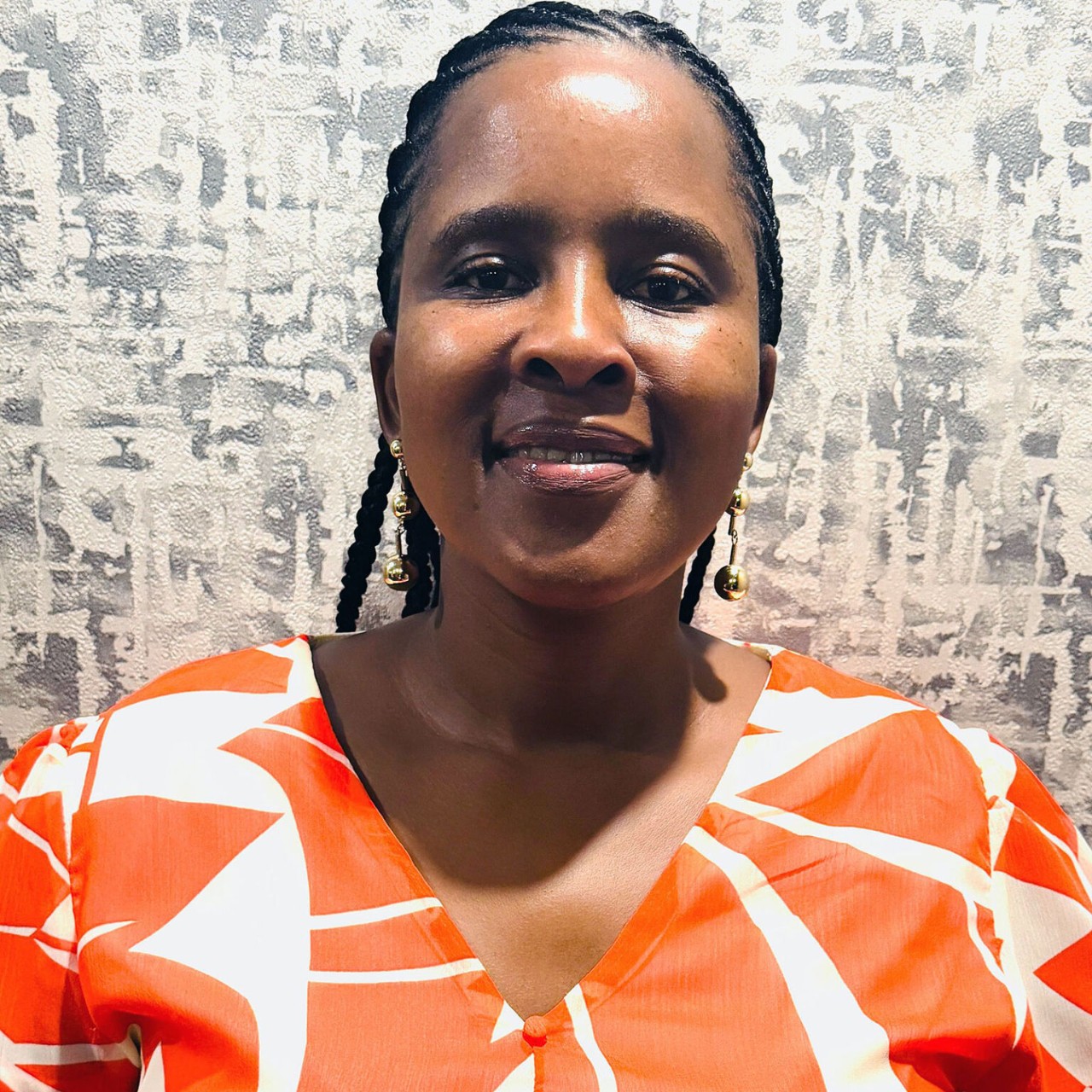
With a population of just 1.3 million, Mauritius packs an economic punch. The island nation clocked a GDP growth rate of 4.7% in 2024 and registers the second highest GDP per capita in Africa – behind the Seychelles, but ahead of bigger, more prominent economies such as Botswana, South Africa and Nigeria. More than 185 companies are listed on its stock exchange, with a combined market cap of around US$8.8bn.
A central part of ensuring that the country is fit for the future is maintaining a robust audit sector. It’s a role that Mauritius takes very seriously – indeed, along with South Africa and Botswana, it is one of only three African nations to have met the requirements for membership of the International Forum of Independent Audit Regulators.
‘We have to ensure that we are equipped with the necessary tools’
AI challenge
Leading the continuous drive for auditing excellence is Viswajithsing Tuhobol FCCA, chief executive of the Mauritius Financial Reporting Council (FRC), which oversees accounting, auditing and governance standards in the island nation. Having joined the organisation in 2007 – initially on a secondment from the Ministry of Finance – Tuhobol’s first major challenge was coaxing the country’s auditors through the adoption of International Standards on Auditing. Now, 17 years later, he is in the midst of another complex regulatory task – supervising the introduction of artificial intelligence (AI) into audit processes.
‘It’s a big, big challenge,’ he admits. ‘And we are not there yet. We have to ensure that we, as the regulator, are equipped with the necessary tools to ensure that the auditors are performing audit properly.’
With some firms already using AI in their audit work, the race is on for the FRC to arm itself with the technology and expertise required. To support this, Tuhobol’s team is working with audit firms to understand how the technology fits into the audit process.
‘What we’ve found is that firms are primarily leveraging AI to enhance the effectiveness and efficiency of audit procedures, particularly in areas like risk assessment, data analysis and anomaly detection,’ he says.
Resourcing expansion
Budgetary constraints increase the challenge posed by AI, and work is under way to resource the regulatory expansion. That leaves Tuhobol with the delicate task of persuading politicians and policymakers to dig deeper into the country’s coffers.
‘We are a tiny island and, to be recognised, we have to follow best practice’
‘I have a very good board whose members know that the work of the regulator to ensure transparency in reporting by companies and by auditors brings trust in our jurisdiction,’ he says.
For Tuhobol, maintaining regulatory excellence is crucial. ‘We are a tiny island in the Indian Ocean and for us to be recognised, we have to ensure we follow best practice at all times,’ he says.
CV
2024
Chief executive, Financial Reporting Council, Mauritius
2009
Manager, later officer-in-charge, Financial Reporting Council
2007
Senior financial management analyst, Financial Reporting Council (seconded by Ministry of Finance)
1995
Various roles, rising from accounting technician to senior financial and management analyst, including secondments to the Ministry of Commerce and the Management Audit Bureau (since disbanded)
1994
Assistant finance officer, Ministry of Finance
1992
Semi-senior auditor, Kemp Chatteris
1989
Clerical officer, Ministry of Civil Service Affairs and Ministry of Industry
Back in 2008, it was the shift to international standards that lifted the country’s audit quality and saw smaller firms move into the market for listed company mandates, helping improve competition.
Following research by the FRC, a major project to improve standards was implemented which revealed worrying findings. ‘You would be stunned to hear that most auditors at the time were unaware of auditing standards. This was our major challenge,’ Tuhobol says, adding that awareness was better among firms attached to international networks.
‘This is my philosophy: facilitation. And then we all grow together’

Once training was introduced, quality began to improve. A combination of structured and practical approaches, designed to build both technical knowledge and application skills, formed the basis, while targeted workshops focused on specific findings from prior reviews. Refresher sessions on key audit standards and methodologies completed the picture.
‘This was a big achievement for the regulatory body, ensuring that auditors understood the importance of performing an audit in line with international standards,’ Tuhobol says.
The process also earned the FRC respect from audit firms. That has proved crucial; Tuhobol is adamant that regulators should not just be seen as policing the sector. ‘They should be seen as facilitators as this can improve adherence to frameworks,’ he says, adding that facilitation breeds respect in regulated bodies, which creates a virtuous circle of compliance and high-quality work.
‘This is my philosophy: facilitation. And then we all grow together.’
Bigger picture
Tuhobol is also playing a key role in improving audit standards further afield across Africa. As chair of the African Forum of Independent Accounting and Auditing Regulators (AFIAAR), he recently led a roundtable discussion on sustainability reporting for the region, with the aim of fostering pan-African collaboration and developing a common plan for the capacity-building support needed to implement international standards.
It is an area in which Mauritius is pushing forward. The appetite for sustainability reporting is certainly there, Tuhobol believes, with multiple agencies, including the Financial Services Commission, Stock Exchange of Mauritius and the Banking Regulator, among others, supporting its introduction.
He points out that investors are increasingly demanding international comparability, which sustainability reporting in its current form on the island ‘doesn’t necessarily provide’, he says. To this end, the FRC board has established a steering committee to look at introducing the International Sustainability Standards Board’s IFRS S1 and S2.
‘The new disclosure framework is becoming crucial to attract investment in the region’
This is, Tuhobol points out, challenging as many companies may lack the necessary data. ‘While most companies have mature systems for financial data, sustainability data – especially climate-related data under IFRS S2 – hasn’t historically been collected, measured or assured in the same structured way.
‘This is my next objective, to ensure that sustainability reporting is a reality,’ Tuhobol declares, adding that the new disclosure framework is ‘becoming crucial to attract investment in the African region’.
Ethical training
Tuhobol gained the ACCA qualification back in 1994 while working as an assistant finance officer in the Ministry of Finance, and describes it as a ‘major achievement’ that helped him become an ‘ethical’ and ‘disciplined person’. His time working in government – he also worked in the ministries of commerce, civil service affairs and industry – provided a solid background for his move to the FRC.
As he leads the FRC through current and future challenges, Tuhobol is committed to continuing public-focused work, he says, despite offers to move to the private sector. As to what comes after, he is as yet undecided.
‘I’m still thinking, after my career at the regulator, about whether I retire and have a peaceful life, or provide my experience to firms on how to ensure they are in line with the law,’ he says. It seems unlikely he’ll be taking it easy any time soon.


